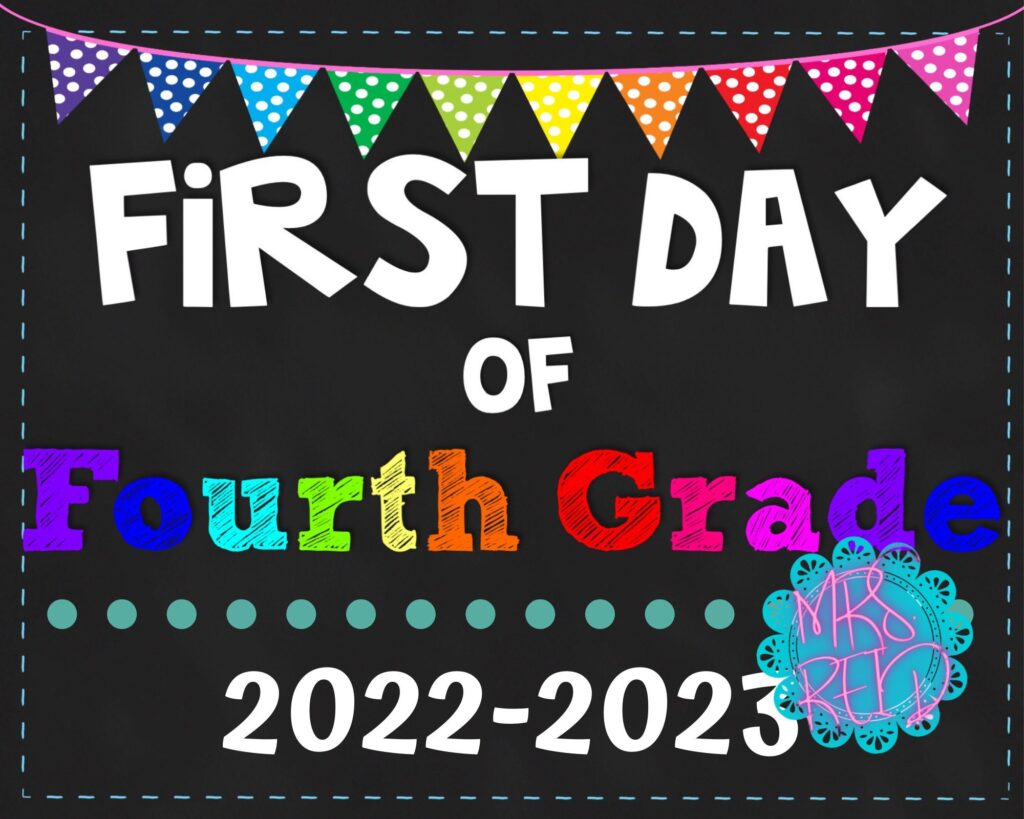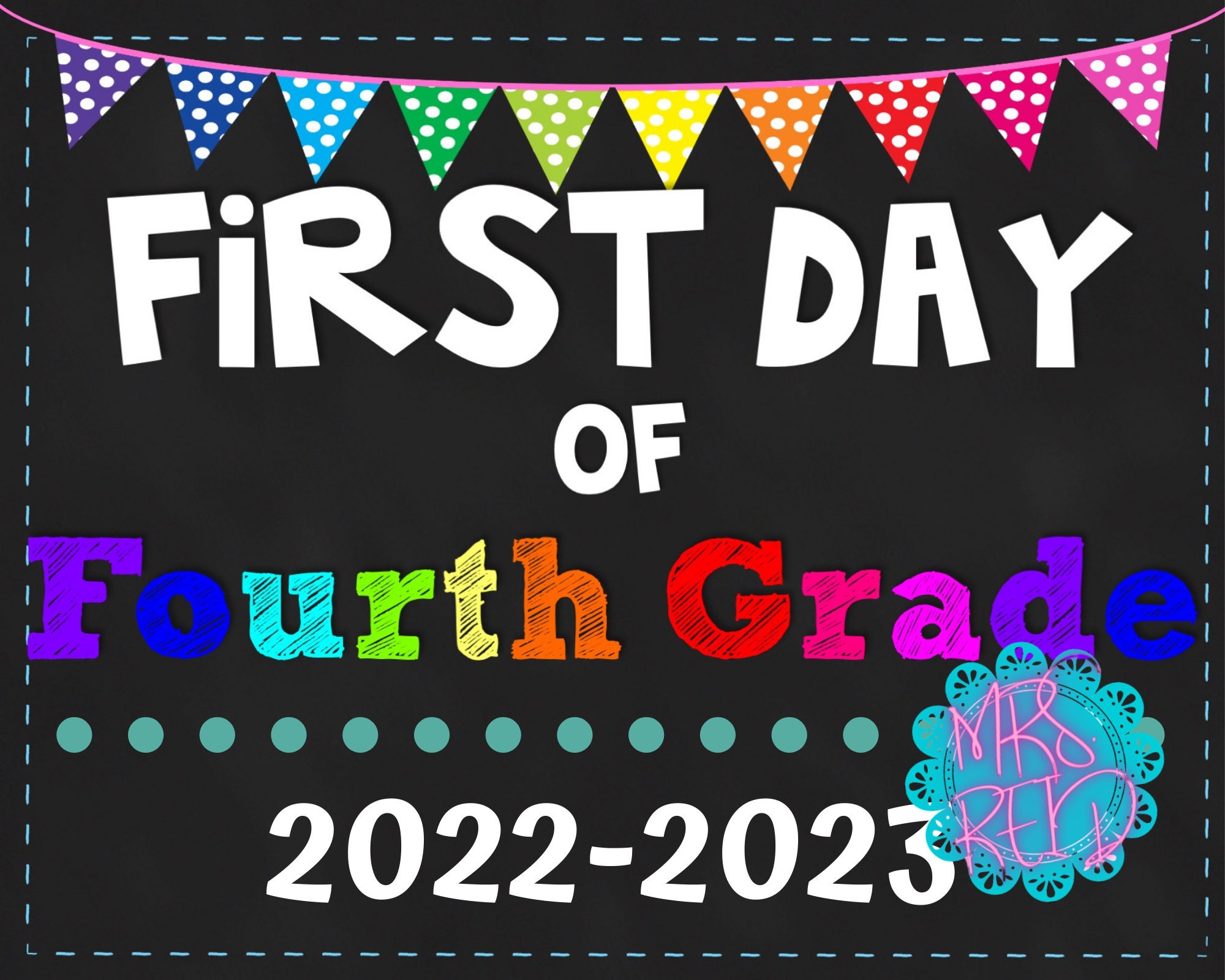
Unlocking Success in 4th Grade: A Comprehensive Guide for Parents and Educators
Fourth grade marks a significant transition in a child’s academic journey. It’s a year where expectations increase, and students are expected to take more responsibility for their learning. As parents and educators, understanding the nuances of the 4th grade curriculum and developmental milestones is crucial to supporting children effectively. This comprehensive guide aims to provide insights, strategies, and resources to help 4th grade students thrive academically, socially, and emotionally.
The Academic Landscape of 4th Grade
The curriculum in 4th grade becomes more complex and demanding, requiring students to master a broader range of skills and concepts. Let’s break down the key subjects:
Reading and Language Arts
In 4th grade, reading comprehension takes center stage. Students are expected to analyze texts, identify main ideas, and draw inferences. They move beyond simply decoding words to understanding the deeper meaning and purpose of what they read. Teachers often introduce a variety of genres, from fiction and non-fiction to poetry and drama. Vocabulary development is also emphasized, as students encounter more sophisticated words and phrases. Writing skills are honed through various activities, including essays, reports, and creative writing pieces. Grammar and mechanics also become a focus, ensuring students can communicate effectively in writing.
Key reading skills for 4th grade include:
- Identifying the main idea and supporting details
- Making inferences and drawing conclusions
- Understanding different literary genres
- Analyzing character development and plot
- Expanding vocabulary through context clues
Key writing skills for 4th grade include:
- Writing multi-paragraph essays with a clear thesis statement
- Organizing ideas logically and coherently
- Using proper grammar, punctuation, and spelling
- Developing a personal writing style
- Conducting research and citing sources
Mathematics
Mathematics in 4th grade builds upon previous knowledge, introducing more advanced concepts such as fractions, decimals, and geometry. Students learn to perform multi-digit multiplication and division, solve word problems involving multiple steps, and understand the relationship between different units of measurement. Fractions become a central focus, as students learn to add, subtract, multiply, and divide fractions with like denominators. Geometry introduces basic shapes, angles, and concepts of area and perimeter. Problem-solving skills are emphasized, encouraging students to apply their mathematical knowledge to real-world situations.
Key math concepts for 4th grade include:
- Multi-digit multiplication and division
- Fractions and decimals
- Geometry (shapes, angles, area, perimeter)
- Measurement (units of length, weight, volume)
- Problem-solving strategies
Science
4th grade science often covers topics such as the solar system, ecosystems, energy, and matter. Students engage in hands-on experiments and investigations to explore scientific concepts and develop critical thinking skills. They learn about the scientific method, including formulating hypotheses, collecting data, and drawing conclusions. Science education in 4th grade aims to foster curiosity, encourage exploration, and build a foundation for future scientific learning.
Common science topics in 4th grade include:
- The solar system and planets
- Ecosystems and food chains
- Energy and its different forms
- Matter and its properties
- The scientific method
Social Studies
Social studies in 4th grade often focuses on local and regional history, geography, and civics. Students learn about the history of their state or region, exploring significant events, people, and landmarks. They study geography, learning about maps, landforms, and climate. Civics introduces concepts of government, citizenship, and community involvement. Social studies education in 4th grade aims to develop informed and engaged citizens who understand their place in the world.
Typical social studies topics in 4th grade include:
- State or regional history
- Geography (maps, landforms, climate)
- Civics (government, citizenship, community)
- Economics (basic economic principles)
- Culture and diversity
Developmental Milestones in 4th Grade
Beyond academics, 4th grade is a time of significant social and emotional development. Children are becoming more independent, forming stronger friendships, and developing a greater sense of self. Understanding these developmental milestones can help parents and educators provide the necessary support and guidance.
Social Development
In 4th grade, peer relationships become increasingly important. Children are more aware of social dynamics and are eager to fit in with their peers. They may experience pressure to conform to social norms and can be sensitive to social rejection. Developing strong social skills, such as communication, empathy, and conflict resolution, is essential for navigating these social challenges. Encouraging participation in extracurricular activities, such as sports, clubs, and community service, can provide opportunities for social interaction and skill-building.
Emotional Development
4th grade is a time of increasing emotional awareness and self-regulation. Children are better able to identify and express their emotions, but they may still struggle with managing strong feelings such as anger, frustration, and anxiety. Teaching emotional regulation strategies, such as deep breathing, mindfulness, and positive self-talk, can help children develop resilience and cope with stress. Creating a supportive and understanding environment, where children feel safe to express their emotions, is crucial for their emotional well-being.
Cognitive Development
Cognitively, 4th grade students are developing more abstract thinking skills. They are better able to understand complex concepts, solve problems, and think critically. They are also developing their metacognitive skills, meaning they are becoming more aware of their own thinking processes and learning strategies. Encouraging critical thinking through open-ended questions, problem-solving activities, and discussions can help children develop these cognitive skills. Providing opportunities for independent learning and exploration can also foster curiosity and a love of learning. Engaging in activities that promote critical thinking is essential for success in 4th grade and beyond. [See also: Developing Critical Thinking Skills in Elementary Students]
Supporting 4th Grade Students: Strategies for Parents and Educators
Supporting 4th grade students requires a collaborative effort between parents and educators. Here are some effective strategies:
Communication
Open and frequent communication between parents and teachers is essential for monitoring student progress and addressing any concerns. Regular meetings, emails, and phone calls can help ensure that everyone is on the same page. Sharing information about a child’s strengths, weaknesses, learning style, and any challenges they may be facing can help teachers tailor their instruction to meet the child’s individual needs.
Creating a Supportive Learning Environment
Creating a supportive and encouraging learning environment at home and in the classroom can significantly impact a child’s academic performance and overall well-being. This includes providing a quiet and organized study space, setting clear expectations, and offering positive reinforcement. Encouraging a growth mindset, where children believe that their abilities can be developed through hard work and dedication, can help them overcome challenges and persevere in the face of setbacks.
Providing Resources and Support
Providing access to resources and support can help 4th grade students succeed academically. This may include tutoring, online learning platforms, educational games, and library resources. Identifying and addressing any learning disabilities or challenges early on can prevent frustration and ensure that students receive the necessary support to reach their full potential. Early intervention is key to helping students overcome academic hurdles in 4th grade.
Encouraging Independent Learning
Encouraging independent learning can help 4th grade students develop self-reliance and a love of learning. This includes assigning independent reading and writing projects, encouraging research and exploration, and providing opportunities for self-directed learning. Teaching effective study skills, such as note-taking, organization, and time management, can also help students become more independent learners. [See also: Fostering Independent Learning in Children]
Addressing Challenges and Setbacks
4th grade students may encounter challenges and setbacks in their academic journey. It’s important to address these challenges proactively and provide the necessary support to help students overcome them. This may include working with teachers to develop individualized learning plans, providing extra help with specific subjects, and addressing any emotional or social issues that may be impacting a child’s academic performance. Remember that setbacks are a normal part of the learning process and that with the right support, students can overcome them and achieve their goals. Overcoming challenges in 4th grade builds resilience and prepares students for future academic success.
Conclusion
4th grade is a pivotal year in a child’s education, laying the foundation for future academic success. By understanding the academic landscape, developmental milestones, and effective support strategies, parents and educators can work together to help 4th grade students thrive. Remember to focus on communication, create a supportive learning environment, provide resources and support, encourage independent learning, and address challenges proactively. With the right support and guidance, 4th grade students can unlock their full potential and embark on a path to lifelong learning.

